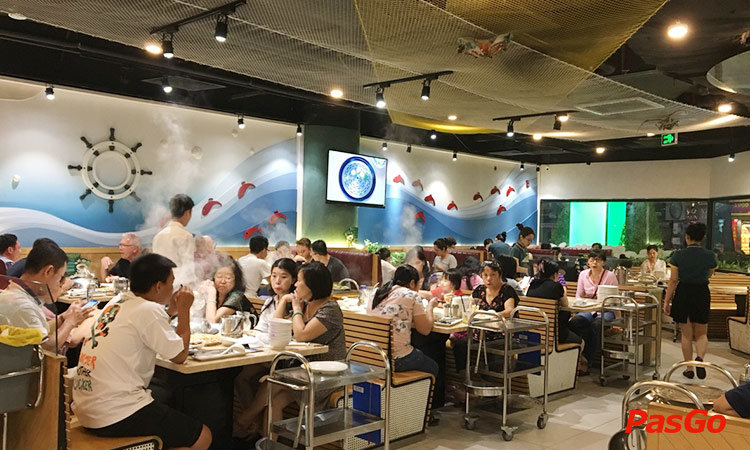

The microbiota-gut-brain axis (MGBA) is central to the pathogenesis of IBS, regulating BGPs, depression-like behaviors, and gut microbiota. However, the exact mechanisms underlying the therapeutic effects of CKF in IBS remain unclear. Recent studies show that 5.0 g/kg/d CKF can alleviate the symptoms of IBS rats by modulating the brain-gut axis through the production of brain-gut peptides (BGPs), thus relieving pain, and reversing the effects of intestinal propulsion disorders. Congress and the Future of Teng's Line", World Anti-Communist League, China Chapter, 1982, Taipei.Chang-Kang-Fang formula (CKF), a multi-herb traditional Chinese medicine, has been used in clinical settings to treat irritable bowel syndrome (IBS). Ku Cheng-kang "Expose and Destroy Peiping's "Peaceful Unification" Intrigue", World Anti-Communist League, China Chapter, 1979, Taipei.

The following is an incomplete list of the literary works of Ku Cheng-kang.Ku Hsiu-heng (zh: 谷秀衡) - She went on to become director of Taiwan Cyanamid Company.

Ku died on 11 December 1993 in Taipei at the age of 91. In 1951, he was appointed as a presidential adviser and in 1952, he was elected to the 7th Standing Committee. The pair were active in South Korea, Vietnam, Burma, Laos, Camboadia and Thailand on various KMT special projects.
Quaik chang kang free#
Together with Fang, Ku set up the Free China Relief Agency, and the Sino-Laotian Friendship Society and the ROC branch of the Asian People's Anti Communist League. He served as Director of the Mainland Disaster Relief Organization together with Fang Chih. In January 1950, Ku was appointed Minister of the Interior. Ku retreated with the nationalists to Taiwan in 1949.Īnti-communist activities in Taiwan In 1947, he began involvement with Chen Lifu, Fang Chih and the CC Clique and became active in the Shanghai political scene. He also served as Chairman of the Chinese Kuomintang Central Committee of agricultural workers. In 1945, Ku was elected to the Chinese Kuomintang Central Executive Committee and the 6th Standing Committee. In 1941, Ku was in charge of casualty processing during the Japanese bombing of Chongqing and in 1944, he was in charge of Chinese military and civilian casualties on the Guangxi, Guizhou warfronts.

In 1940, the ministry was reorganized into the National Social Department where Ku continued to serve as Minister of National Government Social Affairs, a position he held until March 1949. In November 1939, Ku was appointed as the Minister of Social Affairs and was placed in charge of all wartime social welfare projects. In addition, he served as KMT Chairman and party boss for Zhejiang Province. In June 1938, he served as interim secretary for the Society of the Three People's Principles Youth League and was also made the group's Central Executive Officer. In 1937, with the outbreak of the Second Sino-Japanese War, he was appointed Deputy Minister of the 5th National Government Military Commission. In December 1934, Ku was appointed as the Permanent Secretary of the Ministry of Industry and in 1935, he secured a promotion to serve as Vice Minister of the Kuomintang Central Executive Committee. Later in the year with the Mukden Incident, Chiang began consolidating the party factions and in December, Ku was elected to the Central Executive Committee of the Kuomintang. In 1931, Ku caught the eye of Chiang Kai-shek who ordered him to Beijing and Tianjin to participate in party organization activity. In 1928, they fell in with Chen Gongbo and Ku Meng-yu to form the Reorganization Clique (zh: 国民党改組同志会, 改組派), one of many Kuomintang factions. In 1925, the two brothers traveled to the Soviet Union to continue their studies at Moscow Sun Yat-sen University, a comintern school. In 1924, whilst still a student, Ku and his younger brother joined the Kuomintang. He obtained his bachelor's degree from Humboldt University of Berlin. Ku attended school in Germany where many of the Kuomintang's elite were also educated. He had an older brother Ku Cheng-lun, and a younger brother Ku Cheng-ting. Ku Cheng-kang was born in Anshun, Guizhou Province during the late Qing Empire.


 0 kommentar(er)
0 kommentar(er)
